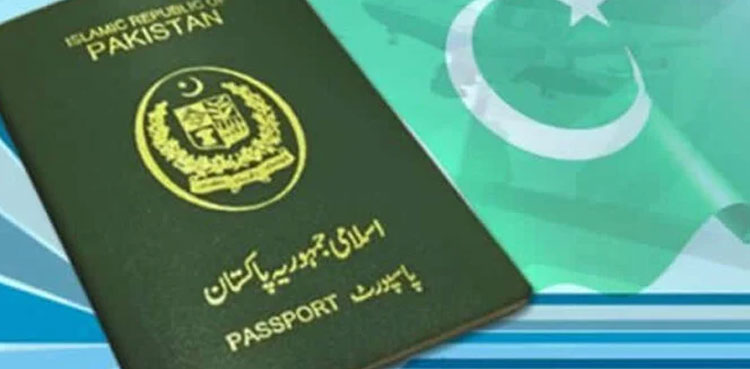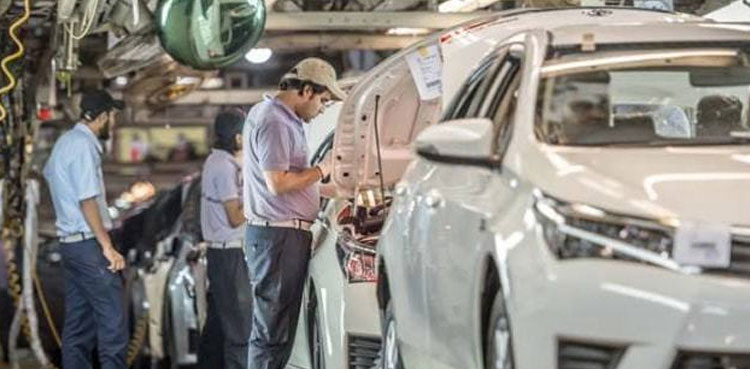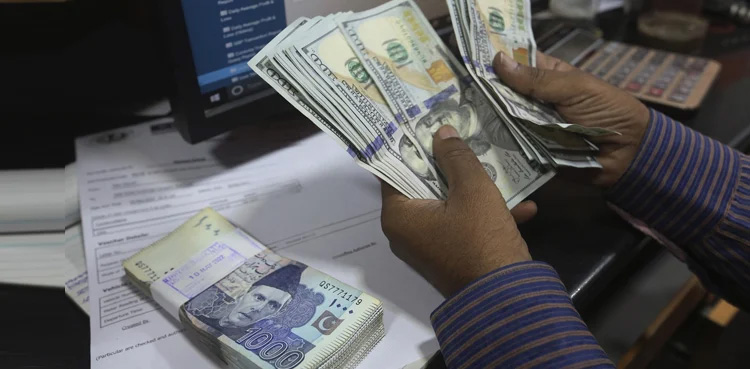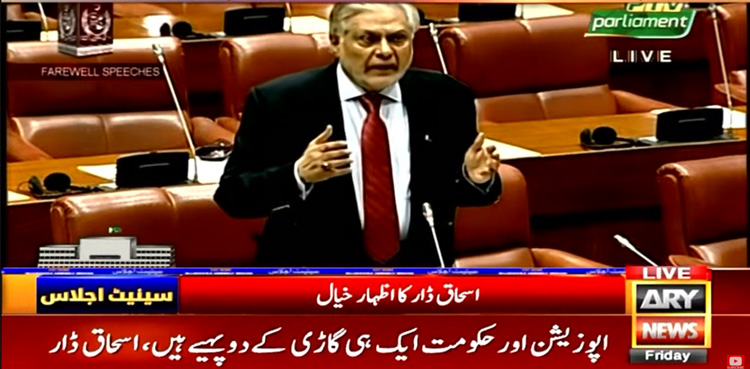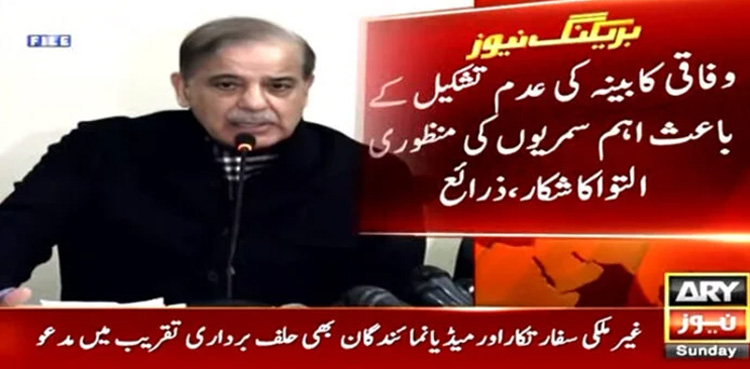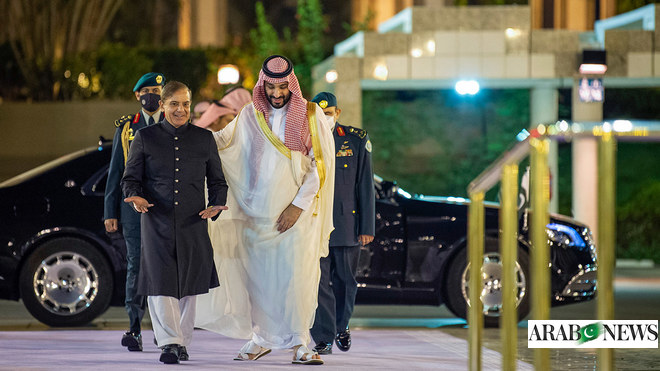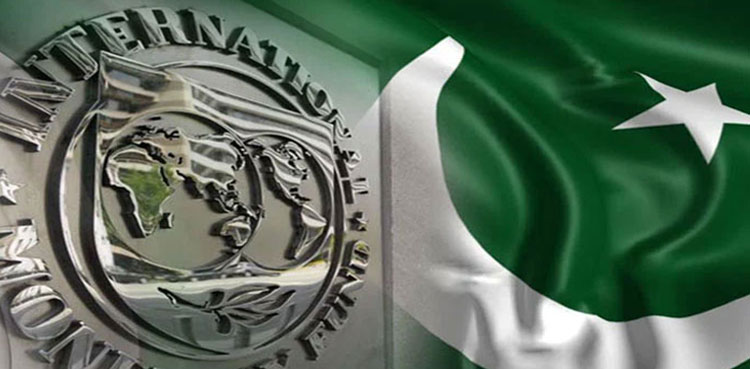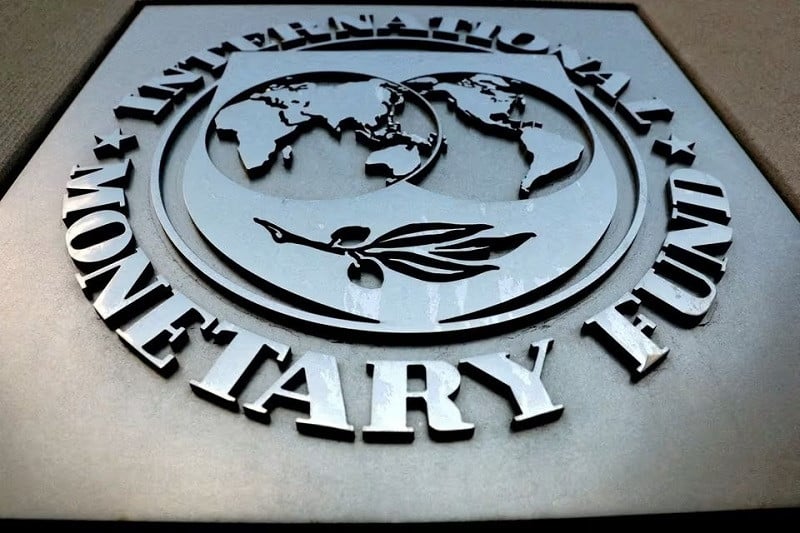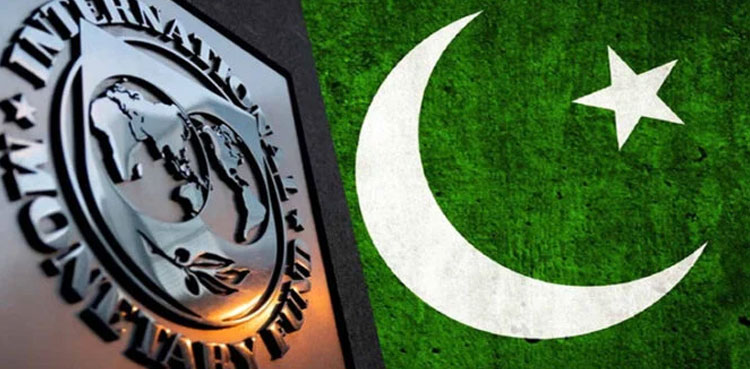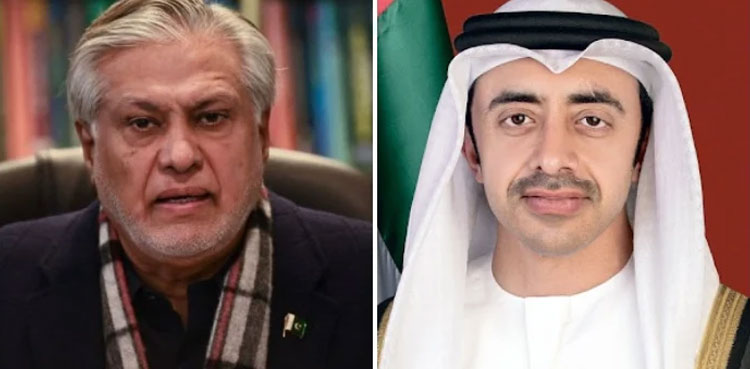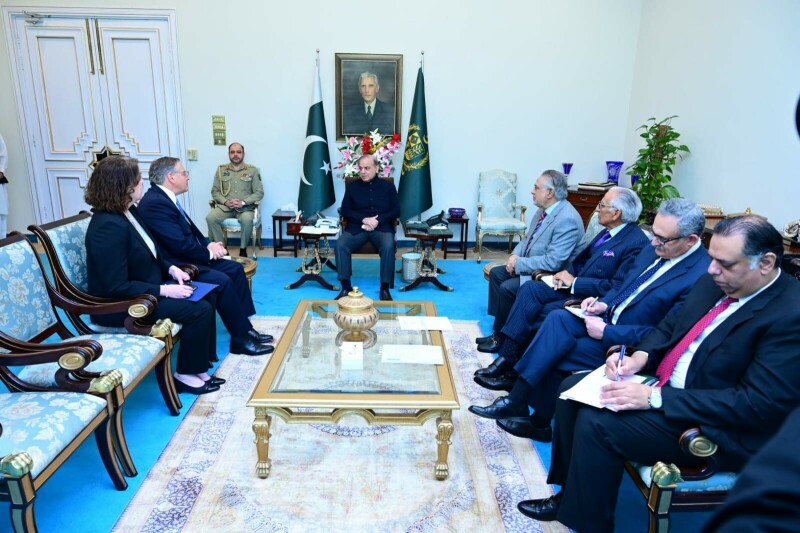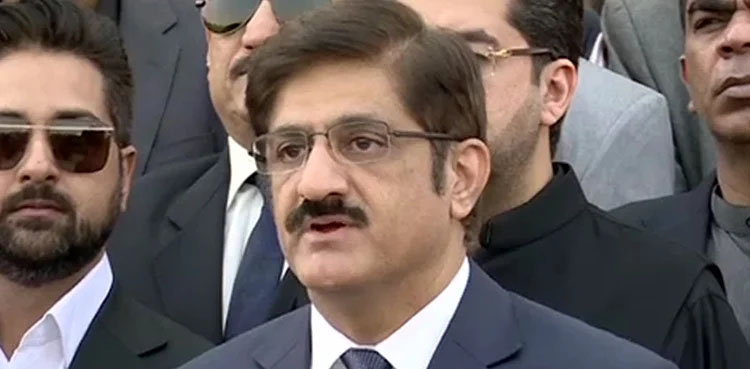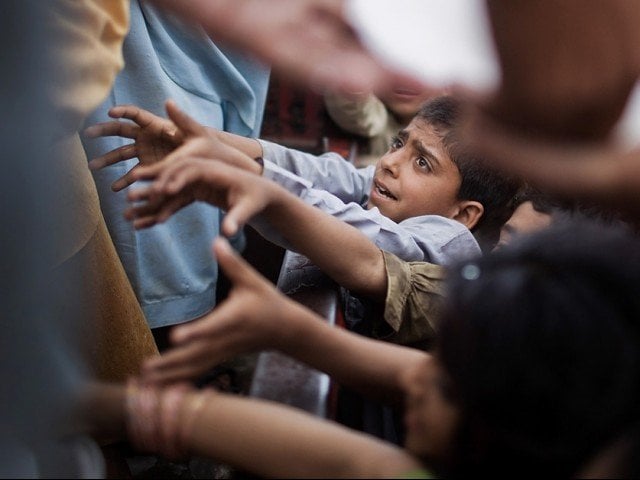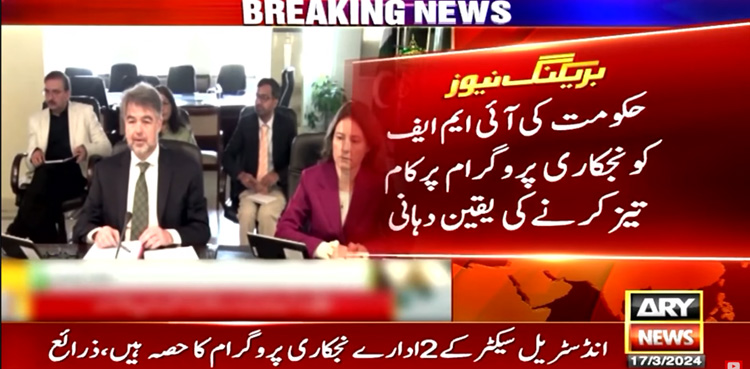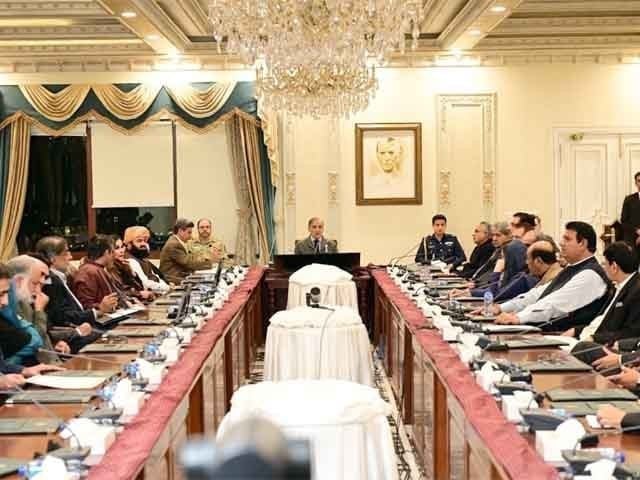- Joined
- Sep 11, 2023
- Runs
- 13,202
In recent years, Pakistan has grappled with severe economic challenges marked by corruption, mismanagement, the impact of the COVID-19 pandemic, a global energy crisis, and natural disasters. This turbulent environment has significantly impacted the nation's economy, leading to a sharp decline in real wages for many Pakistanis.
The economic hardship is most acutely felt by the country's poor population, who face difficulties affording essential items and meeting basic needs such as purchasing food and paying electricity bills.
To address ballooning foreign debt and bridge the widening balance-of-payments gap, Pakistan entered into a $3 billion standby deal with the International Monetary Fund last year. While the agreement provided essential relief, it also necessitated Pakistan to implement additional austerity measures.
With Shehbaz Sharif now elected as Pakistan's Prime Minister for a second term following a controversial vote, the government faces new challenges, with the overarching concern being the economy. The question remains whether Shehbaz Sharif can navigate the complexities and lead Pakistan towards recovery from the ongoing economic crisis.
What do you think? Can Shehbaz Sharif steer Pakistan out of the economic crisis?
The economic hardship is most acutely felt by the country's poor population, who face difficulties affording essential items and meeting basic needs such as purchasing food and paying electricity bills.
To address ballooning foreign debt and bridge the widening balance-of-payments gap, Pakistan entered into a $3 billion standby deal with the International Monetary Fund last year. While the agreement provided essential relief, it also necessitated Pakistan to implement additional austerity measures.
With Shehbaz Sharif now elected as Pakistan's Prime Minister for a second term following a controversial vote, the government faces new challenges, with the overarching concern being the economy. The question remains whether Shehbaz Sharif can navigate the complexities and lead Pakistan towards recovery from the ongoing economic crisis.
What do you think? Can Shehbaz Sharif steer Pakistan out of the economic crisis?








